
Organized by the National Institute for Legislative and Democratic Studies
Date: Wednesday 23rd and Thursday 24th August, 2023
Venue: NAF Conference Centre and Suites, Plot 496 Ahmadu Bello Way, Kado, Abuja – Nigeria
Time: 9:00pm
Gender equality is important for inclusive and Sustainable development. Despite this recognition, limited progress has been made in promoting gender equality and women empowerment in Nigeria in line with the Sustainable Development Goals (SDGs). The Gender Development Index (GDI) declined from 0.881 in 2019 to 0.863 in 2021, reflecting a worsening situation of gender equality in Nigeria.
Hence, the National Institute for Legislative and Democratic Studies (NILDS), in line with its mandate to foster intellectual discussions and engagements on issues related to democratic development in Nigeria, and with the support of the leadership of the National Assembly is organizing the International Women in Governance
Conference. The conference will provide a platform for experts, government officials, policymakers, and other relevant stakeholders to discuss women’s political participation and governance challenges and provide evidence-based policy interventions.
For two days, researchers and academics from around the globe will be presenting well-researched, and evidence-based papers with the aim of addressing and proposing solutions to the issue of women under-representation in governance, especially in the developing world.
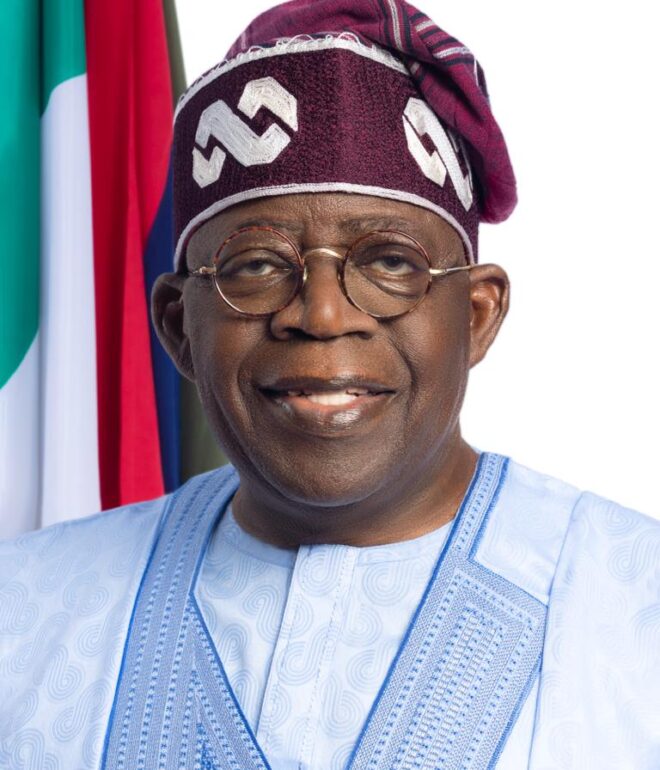
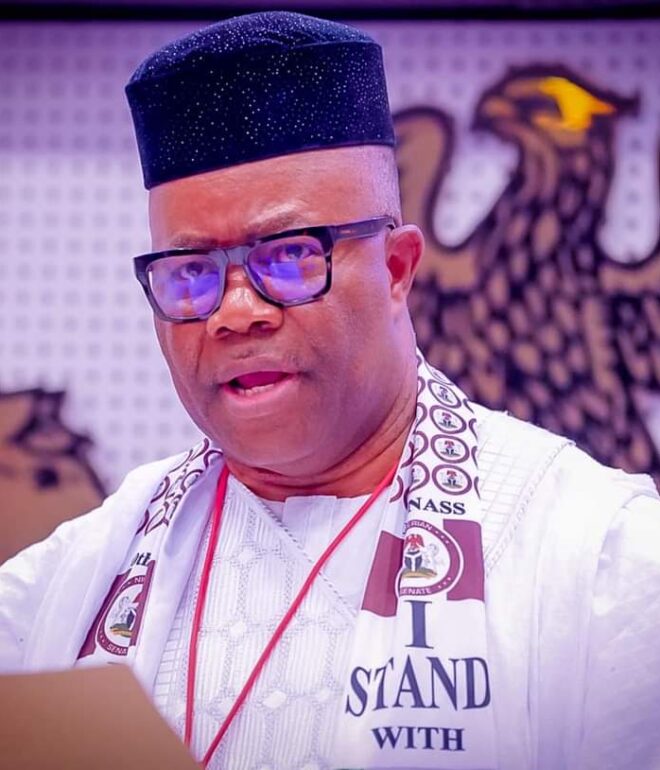
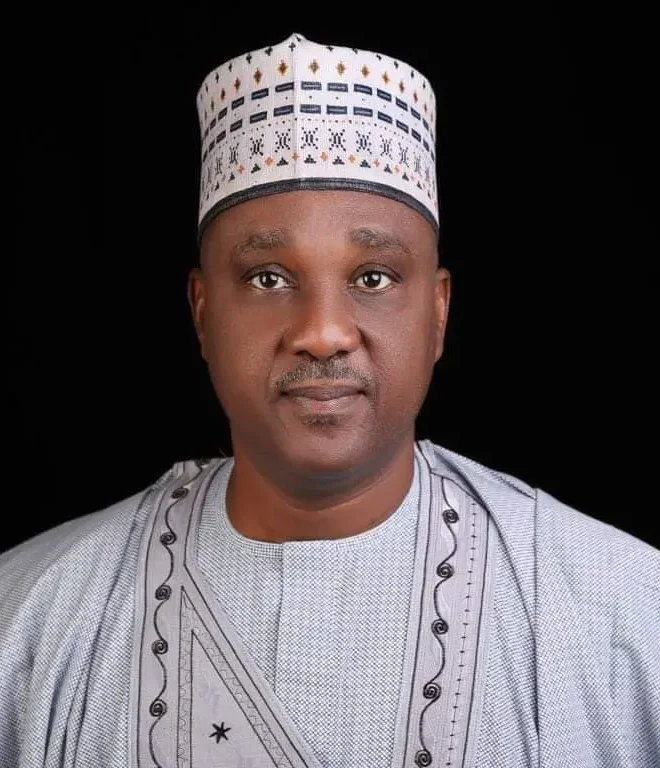
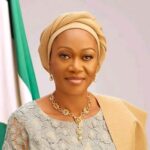
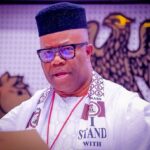
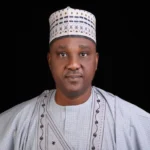
We are incredibly grateful for the generous support of our esteemed sponsors, whose dedication and commitment have been instrumental in making this event possible.








Copyright © National Institute for Legislative & Democratic Studies. Women in Governance Conference. All Rights Reserved.